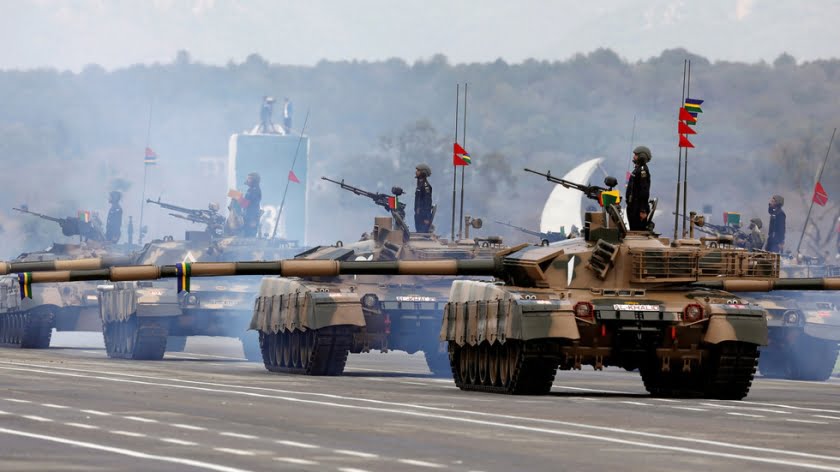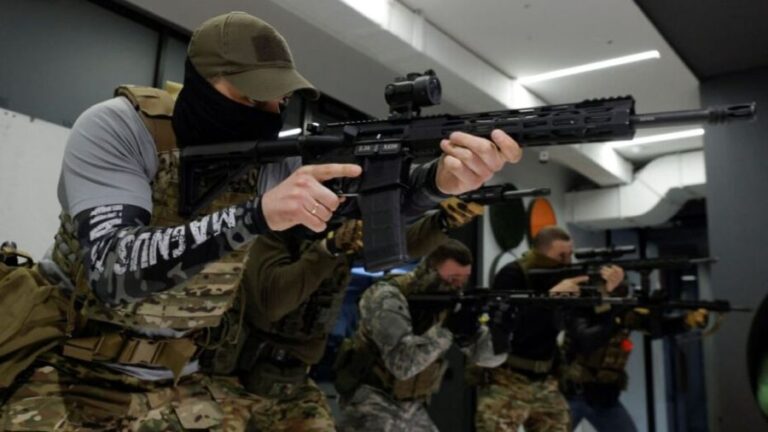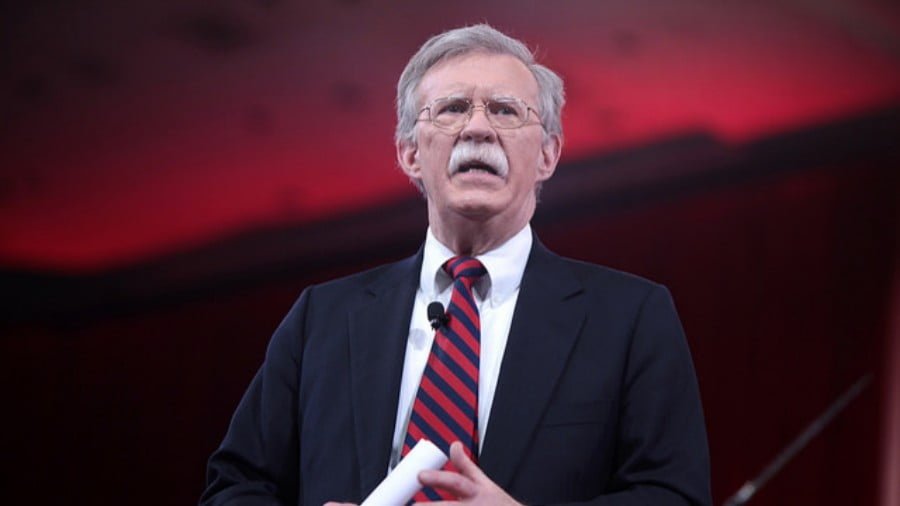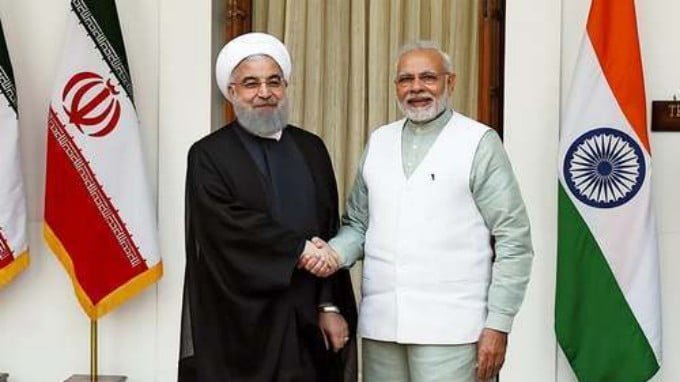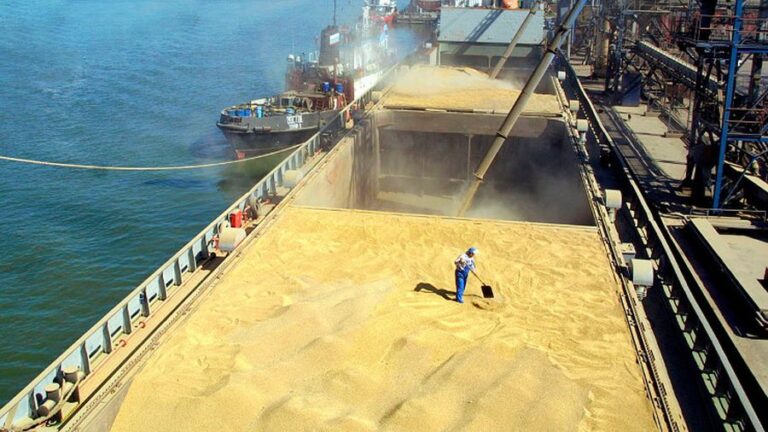It’s Prudent for Pakistan to Reallocate Military Funds to Socio-Economic Development
Pakistan made a very prudent move in reallocating military funds to socio-economic development projects in Balochistan and the recently merged tribal areas of Khyber Pakhtunkhwa, which represents the state’s proactive realization that non-kinetic steps must be taken in parallel with kinetic ones in order to ensure “Democratic Security” and doesn’t have anything to reactively do with the IMF’s austerity measures like some have speculated.
Major General Asif Ghafoor of the Inter-Services Public Relations (ISPR) media wing of the Pakistan Armed Forces tweeted on Tuesday that the institution that he represents agreed to a voluntary cut in the defense budget but assured his countrymen that it won’t come at the expense of national security, which immediately led some to speculate that this surprising move was made in response to the vague austerity measures that Pakistan agreed to in exchange for the latest IMF loan. Some actors — both foreign and domestic — have an interest in framing events that way in order to make it seem like Prime Minister Khan is recklessly endangering Pakistan in light of the latest tensions with India that almost brought the two neighbors to the brink of nuclear war earlier this year, but in reality, this bold decision will actually strengthen the country’s “Democratic Security”, or in other words, its ability to counter HybridWar threats. Prime Minister Khan tweeted that his government will spend the money it saves through these newly announced military cuts on the development of Balochistan and the recently merged tribal areas of Khyber Pakhtunkhwa (KPK), which is of crucial importance to sustainably ensuring security there.
The author wrote about the need to invest in the socio-economic development of these regions’ people in two recent pieces about how “The ‘Baloch Liberation Army’ Is A Foreign-Backed Feudal Terrorist Group” and questioning “Why Did A Fugitive PTM Leader And Voice Of America Collaborate After A Recent Attack?“, the latter of which quoted one of the latest analyses by retired brigadier and former vice president and founder of the Islamabad Policy Research Institute (IPRI) Shaukat Qadir advising the Pakistan Armed Forces to focus on non-military (non-kinetic) means for defeating Hybrid War threats. By implication, both the author and Brig. (Ret.) Qadir’s vision for KPK involves proactively redressing genuine grievances before they’re exploited by anti-state forces, exactly as the author argued should be done in Balochistan through BRI-Aid bankrolled by China. Seeing as how the Chinese are known to proceed very cautiously with all of their projects, it makes sense for Pakistan itself to take the initiative by showing how targeted socio-economic investments could improve “Democratic Security” and then ask the Chinese for financial assistance with scaling these local projects and ultimately integrating them with the hemisphere-wide Belt & Road Initiative (BRI).
It’s with this in mind that Pakistan Armed Forces’ voluntary budget cuts and Prime Minister Khan’s reallocation of the saved funds to the development of Balochistan and the recently merged tribal areas of KPK derive their grand strategic significance in proving that the state understands the need to thwart Hybrid War threats through non-kinetic means so as to most reliably sustain the military gains that its achieved there. If successful, then this visionary initiative could go a long way towards reducing the chances that socio-economically vulnerable residents in those two regions would be enticed to join the terrorist BLA and the increasingly radicalized PTM, respectively. Moreover, the lessons learned from this experience (which would prospectively be a joint one through China’s eventual participation in some respect) could be applied towards ensuring “Democratic Security” in other parts of BRI afflicted by Hybrid War threats such as Myanmar’s Rakhine State where purely kinetic means have proven both insufficient and even sometimes counterproductive. As such, this budgetary decision might come to have globally stabilizing consequences in the New Cold War if China supports all of its relevant BRI partners in implementing the “Democratic Security” model that Pakistan is pioneering.
By Andrew Korybko
Source: Eurasia Future

